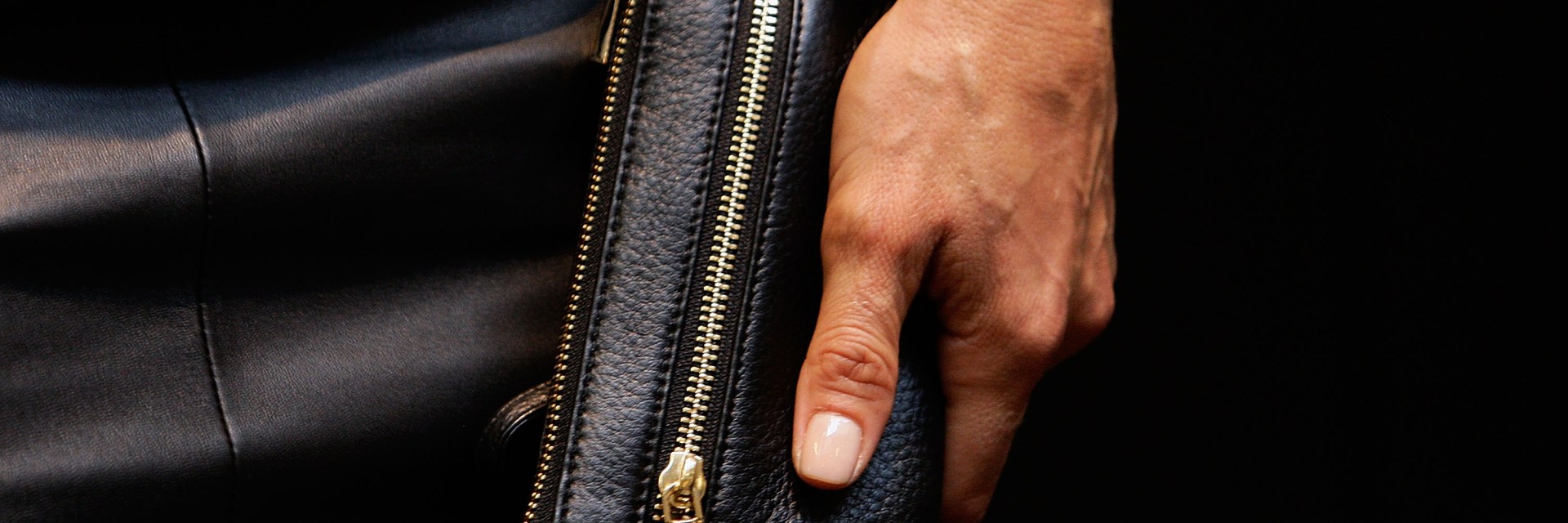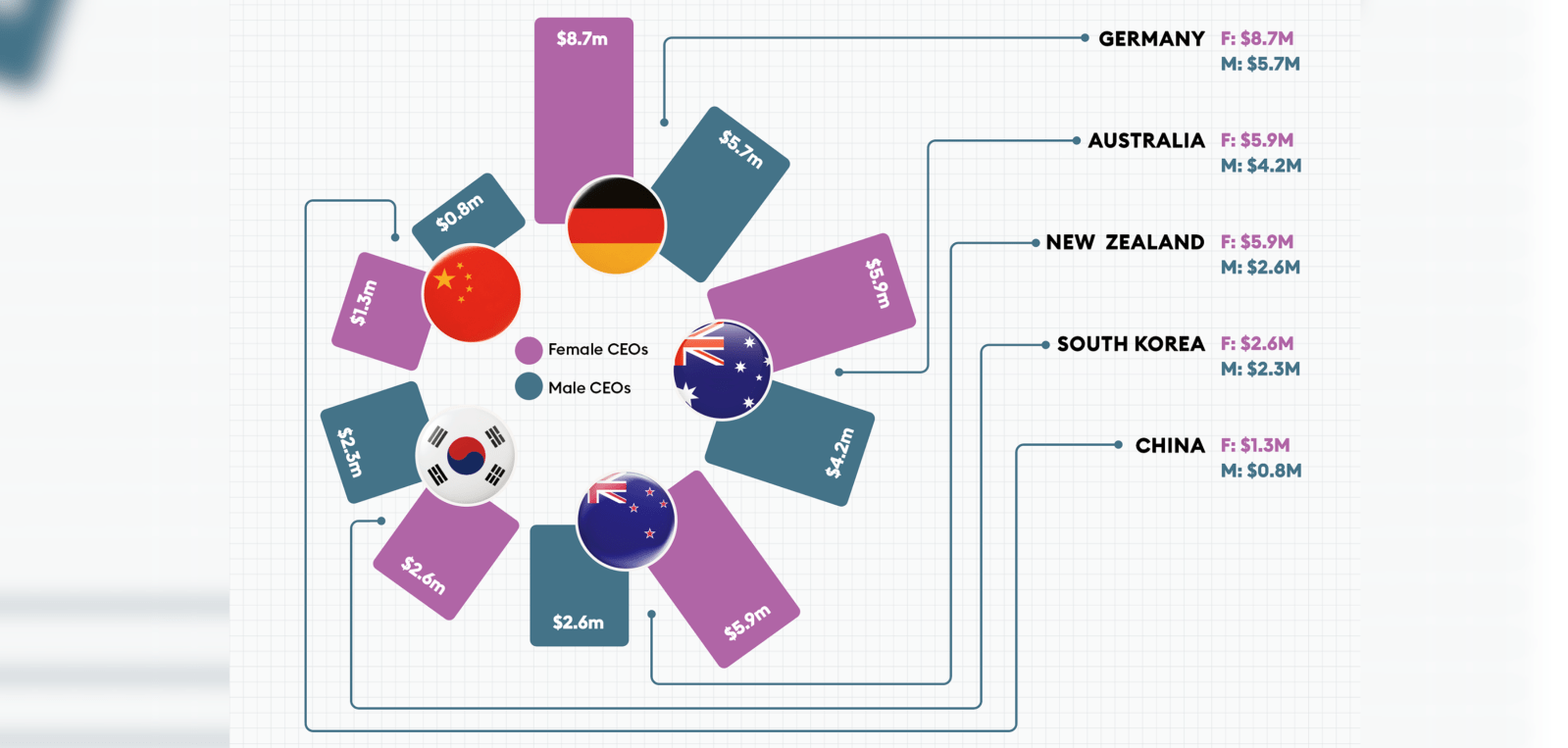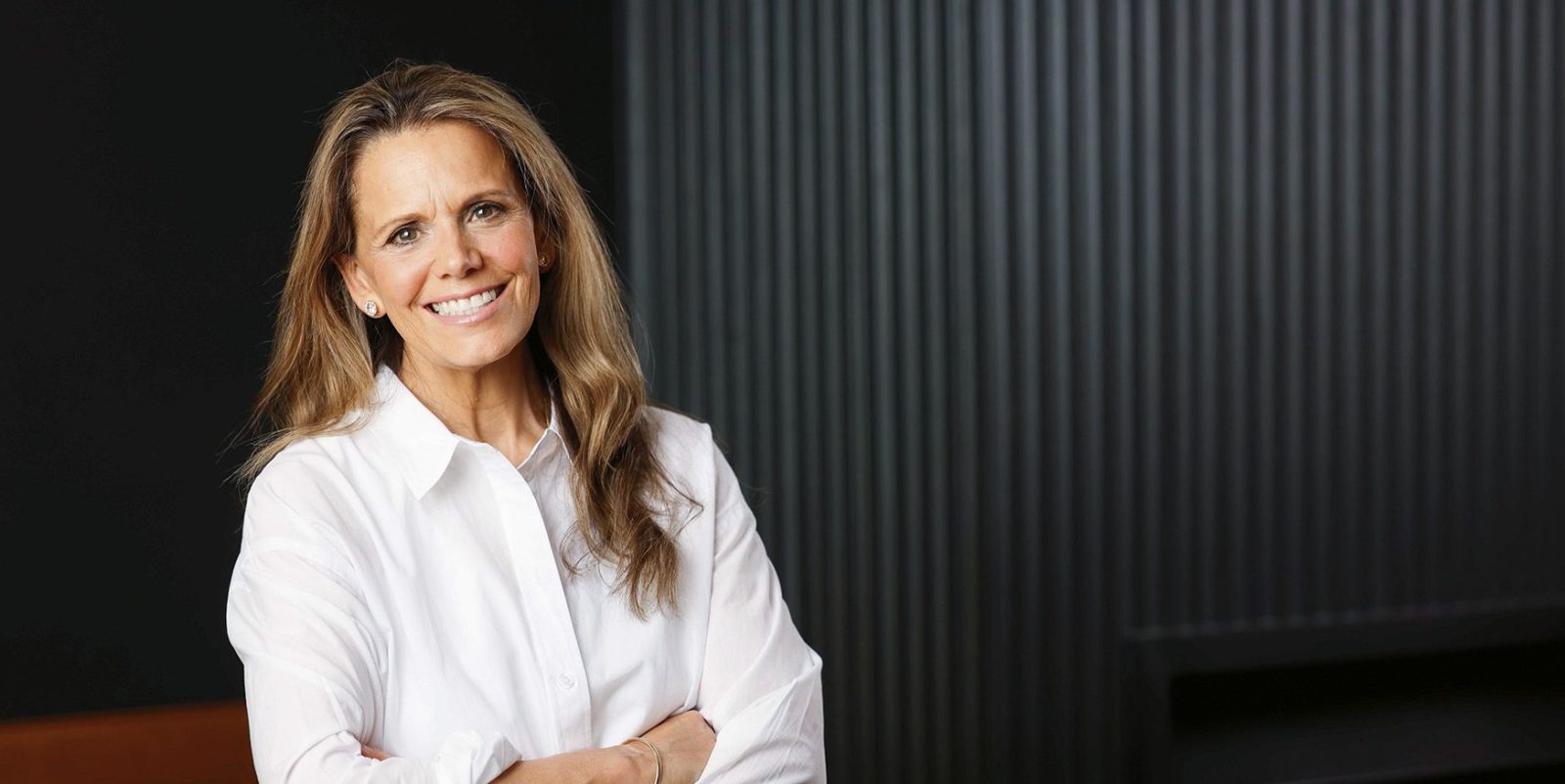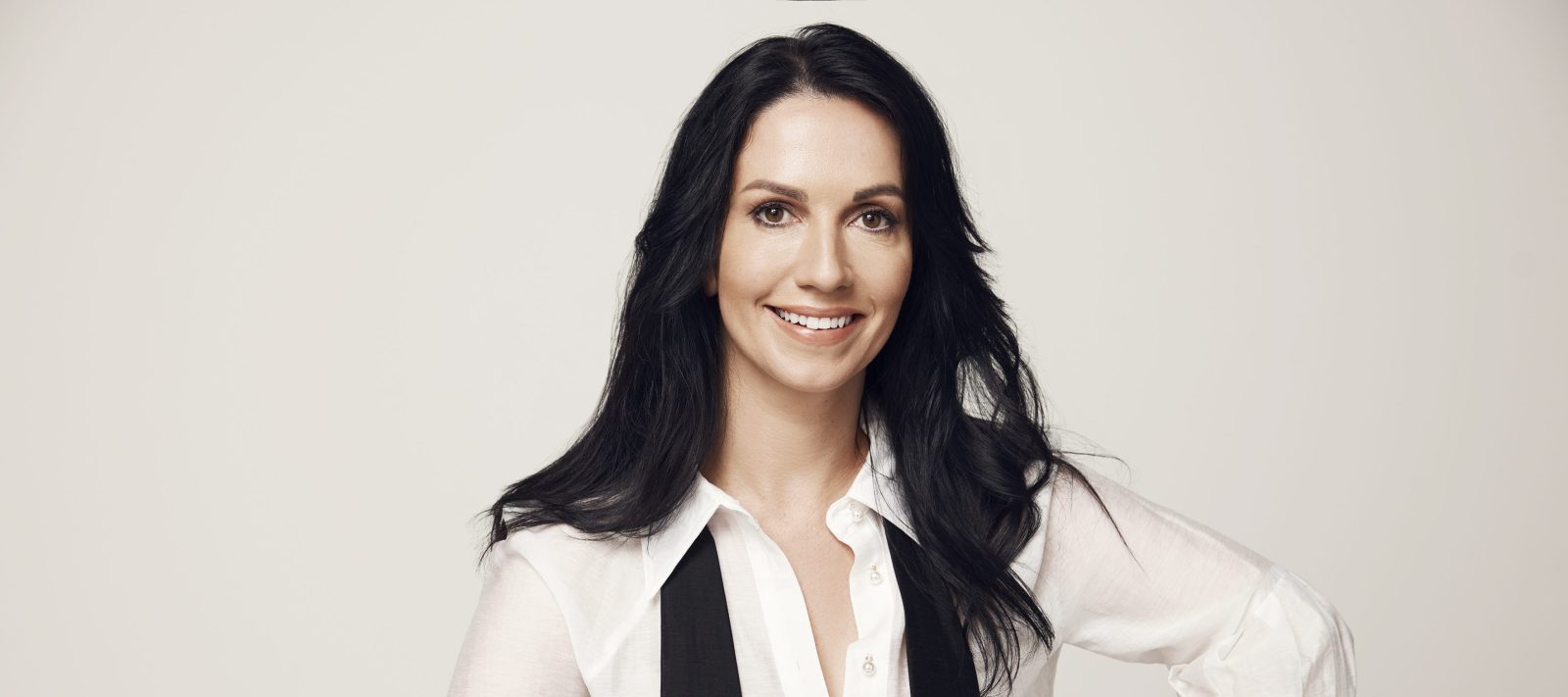Jenny Child joined Australian fashion label Oroton in 2021 after a stint as a partner at McKinsey & Co. She explains the transition, what success looks like in her new role as CEO – and why she’d never let her calendar ‘eat’ her.
This article was featured in Issue 10 of Forbes Australia. Tap here to secure your copy.
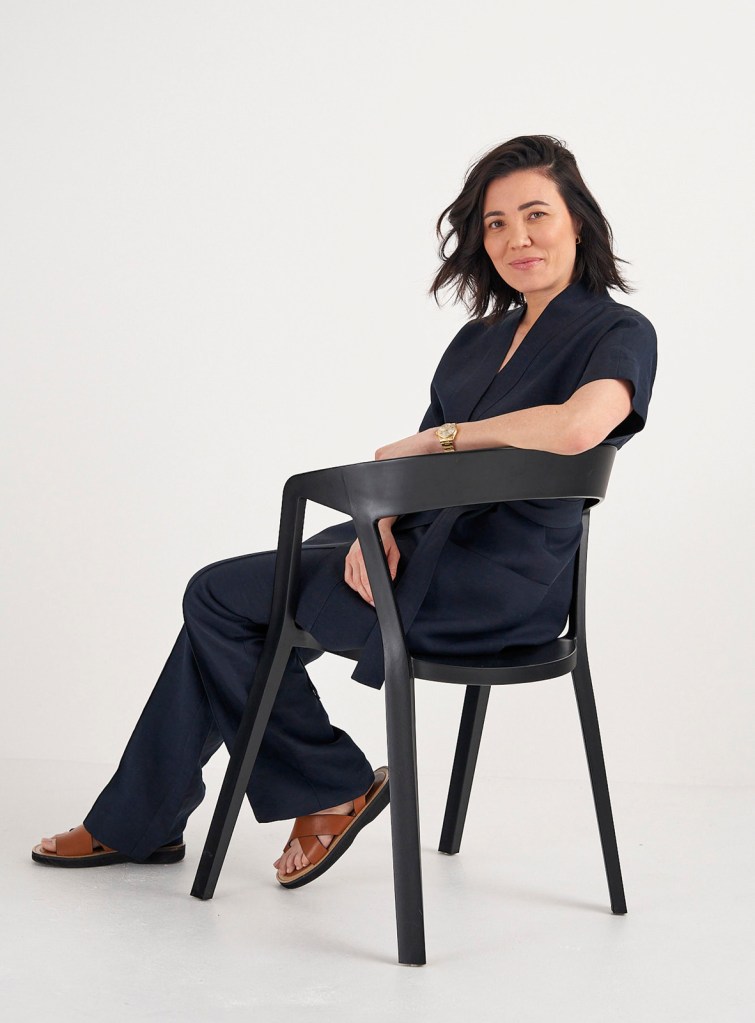
You were at McKinsey & Co., in a top consulting job before coming on as CEO of Oroton. What can you tell us about that transition? What skills did you need to gain to adapt?
In my journey through consulting, the main asset I picked up was about complex problem solving. I’ve learned to dive into diverse industries like fashion retail, quickly understanding key issues to move the businesses forward. Transitioning from McKinsey to my current role, I hit the ground running as I could bring strategic thinking to set short and long-term objectives and work backward from there.
However, I needed to build new muscles around people and leadership. Leading people and teams towards a shared objective meant taking a different approach to how I spend my time, which sounds so basic, but it’s a hard switch to make so suddenly. I had to make a few mistakes (and still do!), but I’m much more focused on building connections and nurturing people to grow and develop.
The industry you operate in is, by its nature, constantly changing. How do you stay on top of trends?
In our business, staying ahead of trends is a collective effort. From our design team immersed in Fashion Weeks and overseas travels to our data and analytics team analysing customer behaviours in stores and on the website to the merchandising, retail and finance teams monitoring competitor and macro market trends, we take a decently comprehensive approach.
We also leverage external sources like our data partner CBA IQ to understand spending specific to our category, benchmarked to our competitors. While our process involves constant scanning of competitors, social media trends, and consumer behaviour, we aren’t doing it simply to chase every trend blindly. We’re looking for spaces and tailwinds where we can highlight, celebrate or start a dialogue around something we stand for and believe in as a brand.
“I firmly believe in reflection, but I don’t dwell on trying to rewrite history, even in my head.”
Jenny Child, CEO, Oroton
What’s non-negotiable in your daily routine to ensure you are productive and performing at your best?
I am pretty flexible, and the role requires me to span many different topics daily, so no two days are exactly alike. I like that about the job and the creativity in it. That said, I operate with an overall principle of prioritising the big, important things in any given week or month first and letting the rest fall around it. I don’t let my ‘calendar eat me’ – and that’s an easy thing to let happen! I also make sure to build in time to work out – at least two hard workouts a week, but ideally three.
Consistency is the goal, so even on days when I feel like I am dragging myself to the end of the day, I push myself to go.
If given the option to go back in time, is there anything you would change about your journey to CEO?
I firmly believe in reflection, but I don’t dwell on trying to rewrite history, even in my head. I find it unproductive. Concerning my journey to this role, I have learned and grown from everything I have done, so there is nothing I would say wasn’t part of making me, me. That said, I do think that COVID-19 slowed us all down, and while I wouldn’t have chosen to go through COVID-19, I do believe that slowing down allowed me to step back and assess my life and then ultimately make the jump from McKinsey to a new chapter of my career.
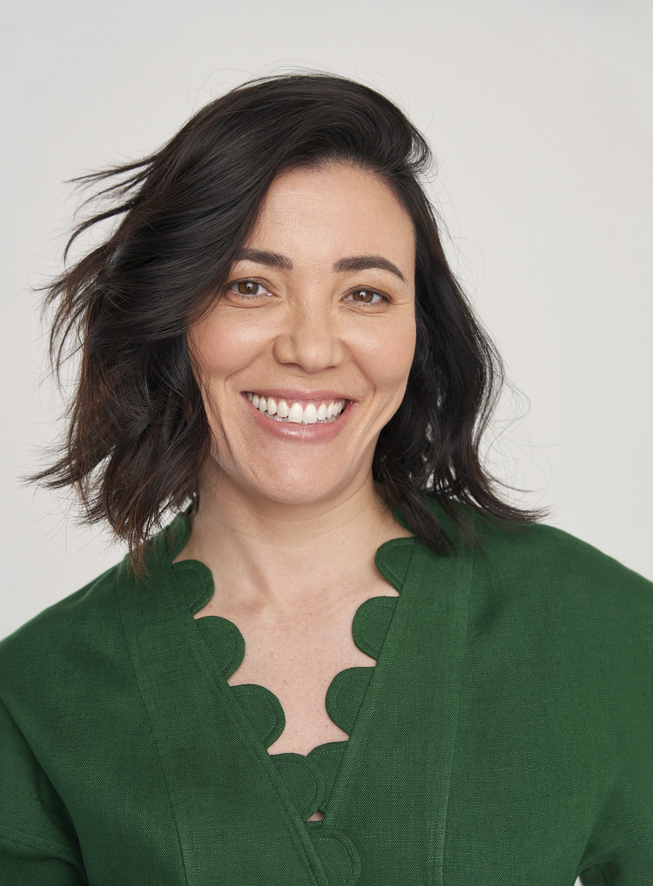
Is there a quote that you live by?
I have an amazing mentor I met when I was young, and he really helped shape my career and give me life guidance that is still relevant and top of mind for me today. Once, in my late 20s, he said, “Jenny, don’t solve problems you don’t have”.
I hold it close because it’s simple, and it speaks to our human tendency to become consumed by hypotheticals, which can lead to decision-making paralysis. I’ve found myself in that space at times in my personal life and at work, so I often will say that quote out loud, sometimes even in a group setting when it’s applicable. Another goodie – he also said to me once, “Don’t always trade the known good for the prospect of great.” It’s a reminder not to overlook the value of what’s right in front of us and investing it in making it better in pursuit of an elusive ideal.
How do you keep your head straight as a CEO of Oroton? What’s your outlet?
The joy I experience when spending time with my son, sharing moments of laughter and silliness, especially in the morning each day when we first wake up, is priceless. It’s good to have moments where everything else fades into the background, and with him, I am reminded of the purity and energy with which he views the world. Helping to shape him into a strong, smart and kind man is a life mission for me, and it’s a reminder of what truly matters amidst the hustle and bustle of business life.
Can you tell us about your approach to leadership?
Clear and honest communication and maintaining high standards around achievement and meritocracy are pillars of my approach to leadership at Oroton. Effective communication is not just about getting your message across; it’s also about ensuring that others comprehend and can act upon it. I am always trying to ensure that my ‘asks’ are clear and easily understandable and that I set a foundation for fair and productive measures of progress.
I am also driven to set a consistent standard of excellence, which drives some of my team crazy as it can feel relentless. But bundled with this is an expectation that not everything goes as planned, so I believe in acknowledging setbacks and learning from them. I value when people on our team come in with the rationale and learning of something that didn’t work, as it enables us to understand the why behind our performance and helps us move forward with more confidence and clarity.
If someone gave you an extra 10 hours, where would you allocate that time?
With 10 more hours a day, I would prioritise more time for human connections – over coffee, over a glass of wine, out for a walk. In a fast-paced lifestyle with lots of responsibility, it’s easy to brush past these opportunities. Still, it’s what makes life rich, and there is such power in being part of a community, feeling connected, and learning from other people’s lived experiences. Even answering this question means I should probably look hard at whether I am doing enough of this.
Look back on the week that was with hand-picked articles from Australia and around the world. Sign up to the Forbes Australia newsletter here or become a member here.
